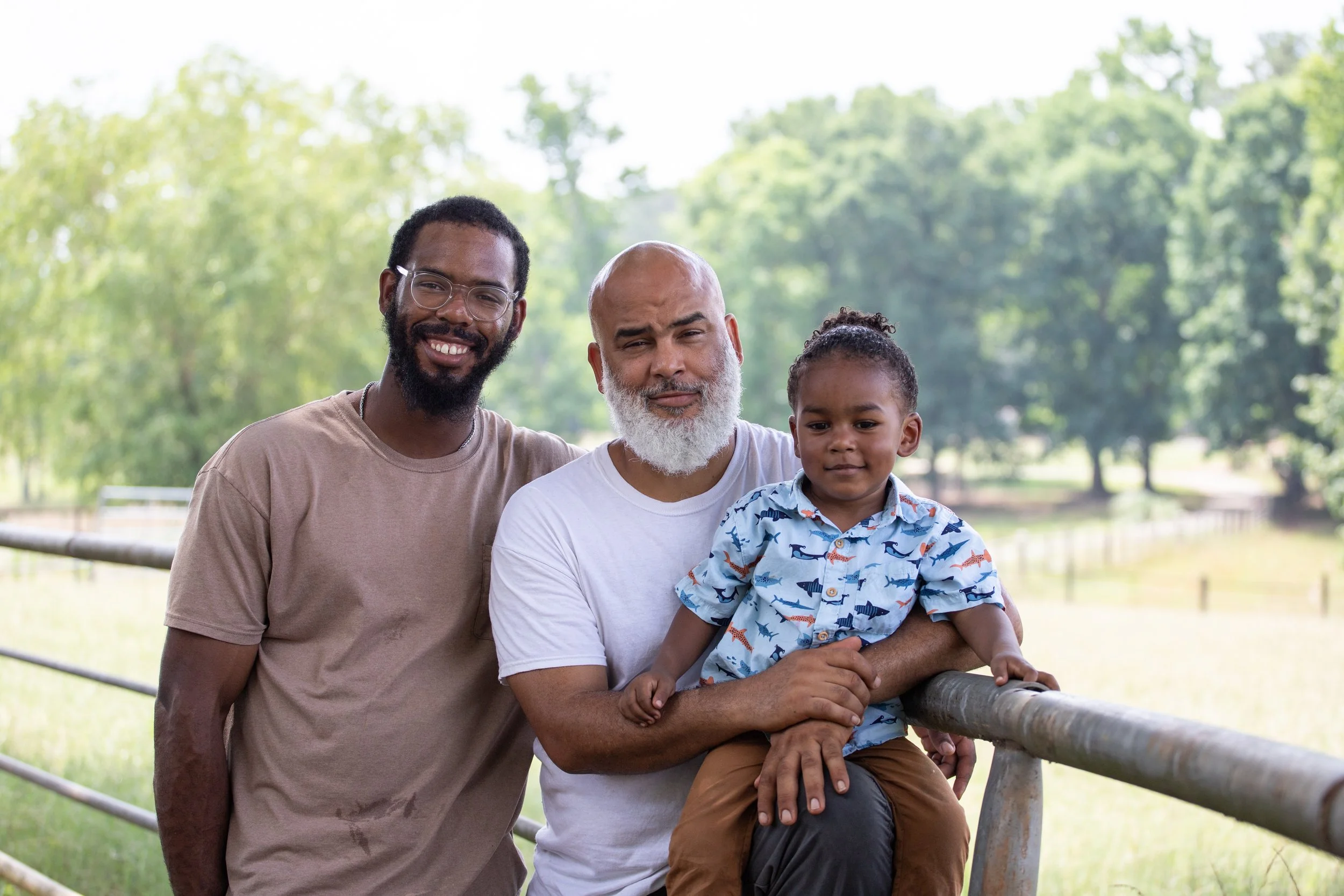The Bright Future of American Ag
Throughout the COVID-19 pandemic, the many inequities of the American food system were exposed. As vast shelves of supermarket chains emptied out, local farmers provided a consistent source of fresh, healthy food that wasn’t reliant on a convoluted supply chain.
American Farmland Trust (AFT) noticed farmers and ranchers everywhere stepping up to the plate, and wanted to create a substantial way to support their efforts. The Brighter Future Fund (BFF) is just that. Generously supported by Tillamook Creamery and AFT members, the BFF was launched to assist farmers and ranchers in diversifying, growing, and sustaining their operations in the face of challenges.
Last year, AFT gave away over 1 million dollars to more than 200 farmers located across 44 states and Puerto Rico. The fund prioritizes farmers from communities who have been resilient in the face of historical disadvantages, such as BIPOC, LGBTQ+, female, or beginning farmers.
One of the 2021 BFF grantees is Asa Ysrael, the owner and operator of Local Lands farm in Georgia. Asa and his wife Raphaela plan to use the funds from their grant to build their own chicken processing facility. This new facility will enable Local Lands to keep their chicken prices affordable for their customers, since they’ll no longer need to drive long distances to reach a suitable processing facility.
Asa with his two sons at Local Lands.
Affordability is an important consideration in the area where Local Lands does business. Their farm is located in Clayton County, Georgia, a place where low income and limited access to nearby grocery stores coalesce to produce high levels of diet related diseases. Raphaela, who previously practiced as a dietician, often felt defeated by the barriers her clients faced in affording and accessing healthy food.
“For people who had difficulty being able to access fruits and vegetables, you could try to counsel them and let them know how they need to change their diet, but there was a lot more resistance. They’re wondering why they would spend money on a salad when they could buy something that’s more filling,” said Raphaela.
Now, Local Lands is a tangible part of the solution to this problem. They work with the non-profit organization Wholesome Wave Georgia to offer 50% off on fruits and vegetables for customers that purchase their food with an EBT card. Through this work, Raphaela finds herself in a position to directly address the issues that hampered her efforts as a dietician.
Raphaela working on her back porch.
Increasing access to healthy food is one of many ways that working in agriculture has deepened Asa and Raphaela’s connection to their community. “We’ve really had to expand our networks and find different resources in order to grow…There’s so much that needs to happen in order for a farm to be able to make a profit, and we've noticed in this journey how so many different organizations have helped us along the way to get to where we are today,” said Raphaela.
One of those organizations is the Conservation Fund, who were instrumental in helping Local Lands acquire a piece of permanently protected farmland to expand their operation. In the past, Asa and Raphaela have also purchased pieces of land and equipment from retiring farmers who don’t have an heir lined up to take over. While these purchases have been helpful to Local Lands, they also stir concern about the precarious state of American agriculture. “We buy a lot of equipment from places that are closing down, and while it’s helpful from a price standpoint, it’s still a shame to see because if this country doesn’t have an agricultural future it doesn’t have a future,” said Asa.
With the population of Atlanta expected to increase by 25% by 2030, working to secure the future of agriculture in Georgia has never been more critical.
“AFT’s Farms Under Threat research shows a decreasing number of farms in the Southeast region. With the increasing demand for food supplies, threat against farmland, and aging farming population, it will take the contributions of all farmers including a diverse group of producers to ensure there are consistent, viable, and sustainable agriculture practices within local communities,” said Courtney Owens, AFT’s Southeast Regional Director.
AFT and the Brighter Future Fund are committed to supporting the next generation of farmers and ranchers that will help build a more sustainable future for us all.

